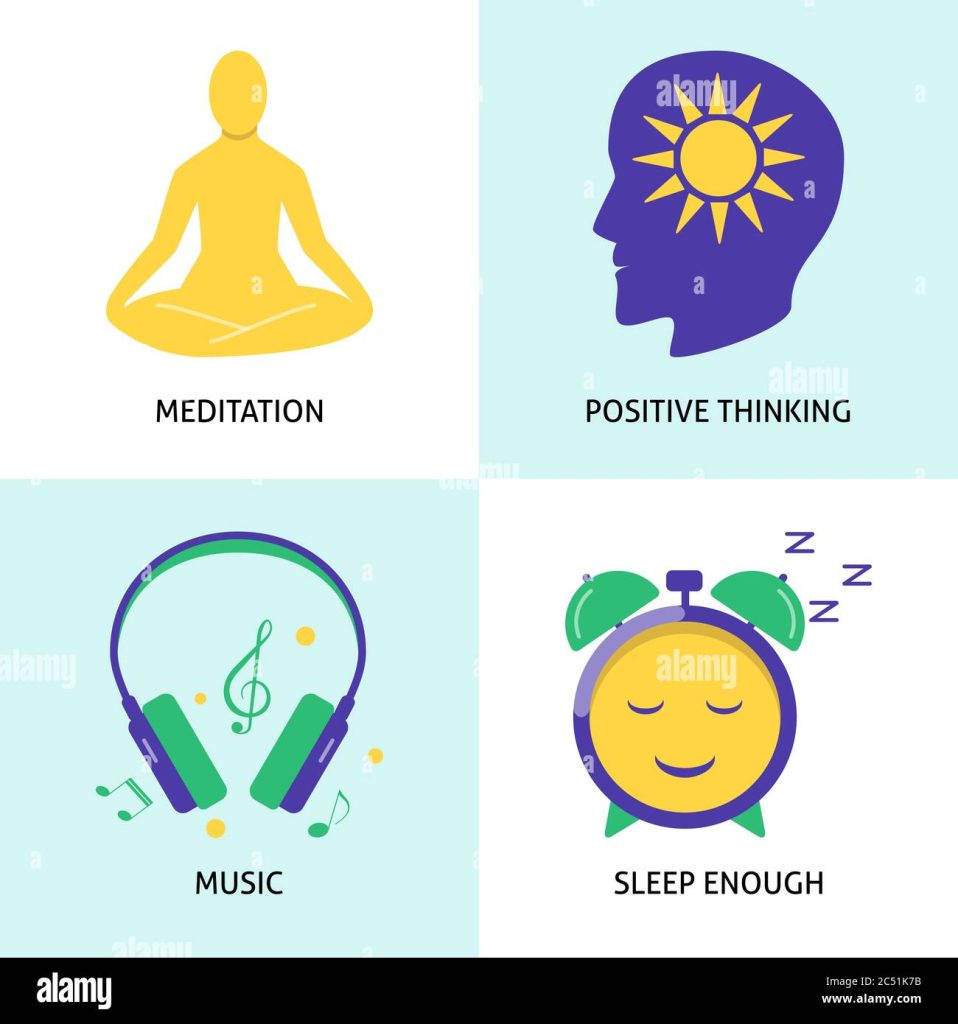Sleep is essential for our overall health and well-being. It allows our bodies to rest, repair, and recharge so that we can function at our best during the day. However, sometimes our minds can be so busy and active that it becomes difficult to fall asleep or stay asleep throughout the night. When this happens, it can lead to feelings of frustration, fatigue, and even anxiety. If you find yourself struggling to sleep because your mind won’t stop racing, here are some tips to help you get the rest you need.
1. Establish a bedtime routine: Creating a bedtime routine can signal to your body that it is time to wind down and prepare for sleep. Try to go to bed and wake up at the same time every day, even on weekends. This can help regulate your body’s internal clock and improve the quality of your sleep. Activities such as reading, taking a warm bath, or listening to calming music can also help relax your mind and body before bedtime.
2. Limit screen time: The blue light emitted from electronic devices such as smartphones, tablets, and computers can interfere with the production of melatonin, a hormone that regulates sleep. Try to limit your screen time at least an hour before bed to help your body prepare for sleep. Instead, engage in relaxing activities such as reading a book, meditating, or practicing deep breathing exercises.
3. Create a comfortable sleep environment: Your sleep environment plays a significant role in the quality of your sleep. Make sure your bedroom is dark, quiet, and cool to promote restful sleep. Invest in a comfortable mattress and pillows to support your body throughout the night. Consider using white noise machines or earplugs to block out any disruptive noises that may prevent you from falling asleep.
4. Practice relaxation techniques: If your mind is racing with thoughts and worries, practicing relaxation techniques can help calm your mind and prepare you for sleep. Deep breathing exercises, progressive muscle relaxation, and meditation are all effective ways to reduce stress and promote relaxation. Try incorporating these techniques into your bedtime routine to help quiet your mind and improve the quality of your sleep.
5. Exercise regularly: Regular exercise has been shown to improve the quality of sleep by reducing stress, anxiety, and depression. Engaging in physical activity during the day can help you relax and unwind, making it easier to fall asleep at night. However, try to avoid vigorous exercise close to bedtime, as it can stimulate your body and make it difficult to fall asleep.
6. Avoid caffeine and alcohol: Caffeine and alcohol can disrupt your sleep by stimulating your central nervous system and interfering with your natural sleep patterns. Try to avoid consuming caffeine and alcohol at least a few hours before bed to help improve the quality of your sleep. Instead, opt for herbal teas or warm milk to help soothe your body and promote relaxation.
7. Write down your thoughts: If your mind is filled with racing thoughts and worries, try writing them down in a journal before bed. Keeping a journal can help you process your thoughts and emotions, allowing you to release them before trying to sleep. Writing down your worries can also help you gain perspective and find solutions to any problems that may be keeping you awake.
8. Seek professional help: If you have tried various techniques to improve your sleep and are still struggling, it may be helpful to seek professional help. A therapist or counselor can help you identify and address any underlying issues that may be contributing to your sleep difficulties. They can also provide you with tools and strategies to help manage stress, anxiety, and insomnia.
9. Practice mindfulness: Mindfulness is the practice of being present in the moment and paying attention to your thoughts and feelings without judgment. Practicing mindfulness can help you become more aware of your racing thoughts and emotions, allowing you to let them go and focus on the present moment. Try incorporating mindfulness techniques such as mindfulness meditation, body scans, or mindful breathing into your daily routine to help calm your mind and improve the quality of your sleep.
10. Consider cognitive-behavioral therapy for insomnia: Cognitive-behavioral therapy for insomnia (CBT-I) is a highly effective treatment for sleep disorders that focuses on changing behaviors and thought patterns that may be contributing to your sleep difficulties. CBT-I can help you identify and challenge negative thoughts and beliefs about sleep, establish healthy sleep habits, and develop relaxation techniques to help improve the quality of your sleep. If you have been struggling with insomnia for an extended period of time, consider seeking out a therapist who specializes in CBT-I to help you get the rest you need.
In conclusion, struggling to sleep when your mind won’t stop racing can be a frustrating and exhausting experience. However, by implementing these tips and strategies, you can create a bedtime routine, limit screen time, create a comfortable sleep environment, practice relaxation techniques, exercise regularly, avoid caffeine and alcohol, write down your thoughts, seek professional help, practice mindfulness, and consider cognitive-behavioral therapy for insomnia. By taking proactive steps to calm your mind and promote relaxation, you can improve the quality of your sleep and wake up feeling refreshed and rejuvenated each day. Remember, quality sleep is essential for your overall health and well-being, so prioritize making sleep a priority in your daily routine.

